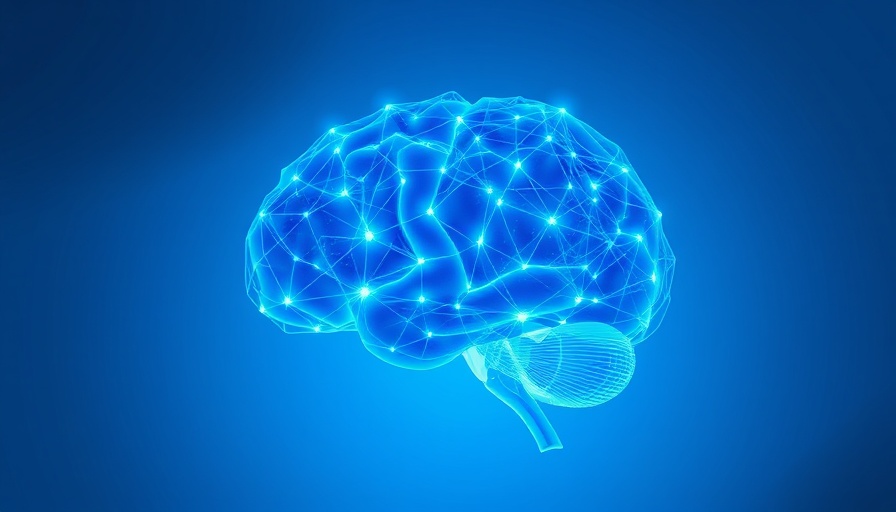
Mastering Your Fuel: What to Eat Before a Run
When it comes to running, many of us have no difficulty planning what to eat afterward. That post-run meal often feels like a reward for our efforts. However, the more pivotal question is what you should consume before hitting the pavement. Proper nutrition not only enhances performance but also ensures that your body is adequately prepared to face a challenging run. With the right foods, you can elevate your energy, endurance, and overall running experience.
Understanding Your Body's Needs
Dr. Samuel Impey, chief scientific officer and co-founder of Hexis, highlights that the essence of fueling your run lies in carbohydrates. Irrespective of the distance, carbohydrate intake remains crucial. Even while running at a low intensity, about 50% of your energy comes from carbs. As your running intensity escalates, so does your reliance on carbohydrates. During those hard efforts, it's predominantly carbs driving your performance.
For moderate to long runs, the carbohydrates stored in your liver and muscles serve as the primary source of energy. While the average adult has around 100g of carbohydrates stored as glycogen in the liver, the muscles can contain anywhere from 400g to 600g depending on body composition. Hence, providing your body with carbohydrates before a run is essential for preventing fatigue and optimizing performance.
The Right Foods: Options to Consider
Choosing the best foods before a run can be as unique as the individuals themselves. However, some standout options are universally recognized as effective. Consider starting your day with a bowl of oatmeal or a smoothie packed with bananas and honey. In the evening, wholesome meals like pasta or rice provide the carbohydrates your body craves.
Personal experimentation is key. Your preferred meals might differ from those of fellow runners. The common thread is that these meals must include carbohydrates since they become your primary fuel source. For a quick snack, options like a slice of toast with peanut butter or Greek yogurt with fruit offer a perfect energy boost without feeling heavy.
Timing Is Everything: When to Eat
One essential aspect of pre-run nutrition is timing. The general rule of thumb is to consume your last substantial meal around two to three hours before your run. This allows your body enough time to digest food, converting it into available energy while minimizing discomfort during your exercise.
However, remember that different foods digest at varying speeds. Complex carbohydrates like porridge or oatmeal take longer to break down compared to easily digestible options such as fruits or energy gels. Knowing what works for your body can help you avoid feeling sluggish or overly full while running.
Beyond Carbs: Incorporating Balance
While carbohydrates are essential, don’t overlook the importance of a balanced diet that includes proteins and healthy fats. Adding a bit of protein—such as Greek yogurt or a scoop of protein powder in your smoothie—can assist with muscle recovery and repair. Healthy fats from nuts or avocados also contribute to long-term energy reserves and add flavor to your meals.
Listening to Your Body: Individual Needs
It’s imperative to listen to your body. Each runner is unique, and what works for one may not work for another. Experiment with different foods before your training runs to find out what combination of nutrients makes you feel the best. This process may involve some trial and error, but ultimately, it is essential for optimal performance and enjoyment of your runs.
Conclusion: Fueling for Success
Fueling before a run is not merely about consuming food; it’s about feeding your body what it needs to perform effectively. By focusing on carbohydrate-rich foods, understanding your unique needs, and properly timing your meals, you can improve your running efficiency and endurance. As you lace up your running shoes, remember that the right nutrition might just be the ticket to a more fulfilling and successful experience on the trails or tracks.
Ready to enhance your pre-run nutrition? Start experimenting with different foods and meal times to find what works best for you. Every step begins with optimal preparation—so get out there and fuel your passion for running!
 Add Row
Add Row  Add
Add 




Write A Comment